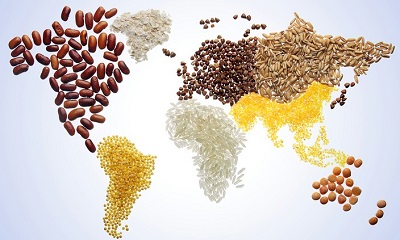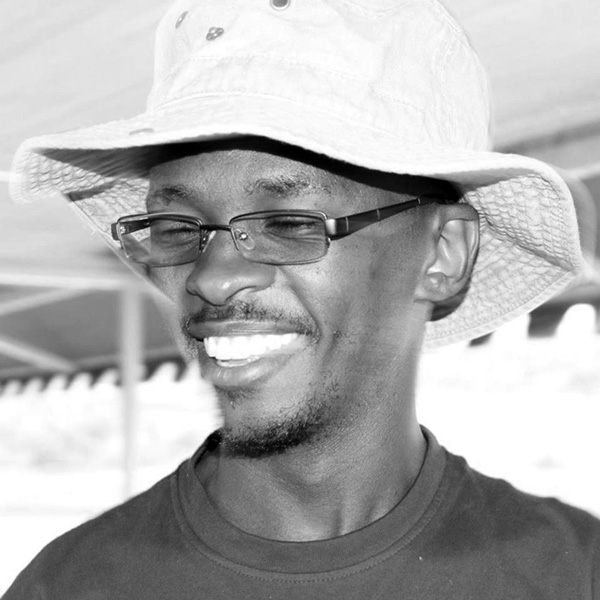
Can prosperity carry democracy? Does democracy guarantee prosperity?

By Natasja Beyleveld, MD Namibia Media Monitoring.
“The richer the country, the more likely it is to sustain democracy”? In other words, does politics or economics drive Africans’ support for democracy. Given that the poor make up nearly 40% of the sub-Sahara population, it seems that in Africa, only a minority (in power) benefits from democracy.
Would democracy fail if elected governments were unable to deliver in the face of persistent poverty, joblessness, inequality, and wide gaps in delivery of social services and infrastructure? When you throw big bait, the small fish will come to eat too. Giving hope of prosperity to all, but benefits only to some, becomes a double-edged sword.
“Although Namibia’s oil and gas industry has the potential to boost the country’s economy, careful management and diversification are essential to ensure this potential is realised without hurting other industries.”
Political intervention that empowers and uplifts Namibian industries and companies, is good for economic health. Government ownership of economic activities by public enterprises, under board and leadership influence of a dominant political party, does not support careful management and diversification’ processes. When political interests for self-enrichment are masked as national well-being, we witness the political race for a dominant share of wealth where winners take it all.
History refers to many cases of corrupt activity (‘rots’, ‘scandals’, ‘non-compliance’) from members of political parties such as the ANC in South Africa, or SWAPO in Namibia. Power over the masses easily becomes the economic steering wheel to justify private political party interests.
In traditional African kingdoms, the lifestyle of the king was amongst, for, and with the people. Less emphasis on ‘politics’. If you were not worthy to lead, you could be challenged and replaced. Nowadays you are appointed by popularity more than for performance. If you are feared, you are kept near in higher circles unless you are cast out for good.
Political leadership can now be presented and represented by media houses, or public relations agencies. Your authenticity is determined by dominant public perception. Your image counts louder than your actions. Your words are minced to rhyme with what’s deemed most popular or promising on the public agenda.
Not the first time you have heard this. What makes great leaders great. Traits like honesty, humility, and courage drive a leader’s decisions and actions. Abraham Lincoln’s commitment to justice and equality, Gandhi’s dedication to nonviolence, and Mandela’s pursuit of freedom and human rights, are powerful examples of how character and values shape impactful leadership.
Have we become too comfortable or important to want to be honest and humble? Is it easier to comply with non-written understanding than to be courageous and challenge the norm? I bet it’s most certainly easier to ‘oblige’, one instance, one day, one cycle at a time. If we follow the lead, perhaps that’s why there is so much apathy, and minority protests.
A recent Afrobarometer survey indicates that over the past decade, popular support for democracy has declined sharply in several countries, including South Africa and Namibia. A majority of Namibians say it does not matter if one political party always wins elections and continuously governs the country, so long as the elections are free and fair.
Even in the face of overwhelming social needs, poor economic performance does not appear to undermine popular preference for democracy. But poor political performance is another story. The pattern of collapsing democratic satisfaction is linked to increasing reports of corruption, from the highest offices.
When does the need for accountability exceed the fame and respect for democracy? When does increasing popular dissatisfaction with what governments are delivering, both economically and politically, change public discourse in idolizing democracy as the holy grail for African politics.
The movie with the popcorn is ready, turn up the volume!

















































